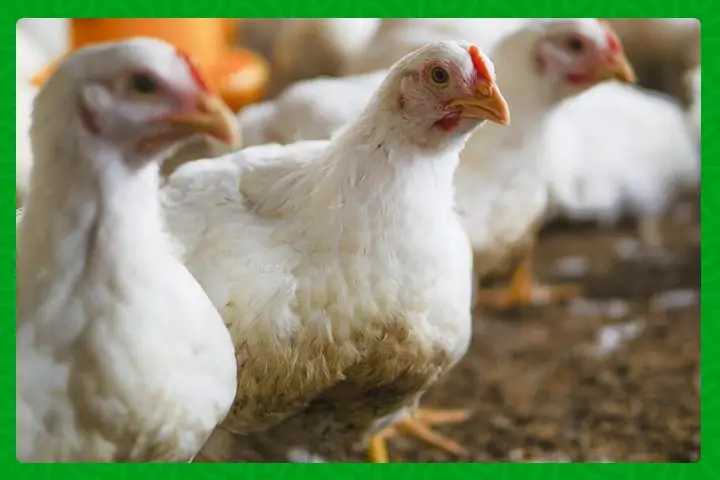
In a strategic move to address the complexities of the poultry industry, South Africa’s Trade, Industry, and Competition Minister, Ebrahim Patel, in collaboration with the International Trade Administration Commission of South Africa (Itac), recently implemented rebates on imported chicken cuts. This decision, published on January 26, introduces a 30% rebate on boneless and a 25% rebate on bone-in cuts of imported chicken, sparking a wave of reactions from key stakeholders in the industry.
Affordability Boost:
The groundbreaking decision to offer rebates on imported chicken has drawn mixed reactions, creating a dynamic landscape for the South African poultry market. The move, seen as both bold and innovative, aims to address the current challenges faced by consumers, particularly those in lower-income brackets, by keeping chicken prices affordable.
AMIE Applauds Government Initiative:
The Association of Meat Importers and Exporters of Southern Africa (AMIE) has enthusiastically applauded the decision. AMIE emphasizes that the rebates play a pivotal role in ensuring that chicken remains an affordable protein source, especially for struggling households heavily reliant on this dietary staple. The association had actively advocated for these rebates, submitting a request to Itac in November 2023.
Paul Matthew, CEO of AMIE, commended the Minister and Itac for their responsiveness to the needs of economically disadvantaged citizens. Expressing optimism about forthcoming guidelines, Matthew urged the Department of Trade, Industry, and Competition to streamline the rebate application process for importers, eliminating unnecessary bureaucracy.
Industry Divides:
While AMIE sees the decision as a positive step towards economic inclusivity, not all voices in the poultry industry echo this sentiment. The South African Poultry Association (SAPA) has raised concerns, contending that there is no rational basis for implementing rebates on tariffs.
SAPA argues that the local poultry industry is well-stocked, with no reported shortages even during peak seasons like the festive period. Expressing their opposition to rebates, SAPA warns that such a move could exacerbate existing challenges faced by the industry, emphasizing South Africa’s global competitiveness in the poultry market.
Balancing Act: Government’s Delicate Response:
In navigating the divergent opinions within the poultry industry, the government faces the delicate task of striking a balance. The decision to implement rebates on imported chicken reflects a commitment to addressing the affordability concerns of consumers, as championed by AMIE. However, SAPA’s reservations highlight the intricacies of managing an industry that prides itself on self-sufficiency.
As the government charts the course forward, it remains imperative to foster open dialogue between industry stakeholders, ensuring that decisions made benefit both consumers and the long-term sustainability of the local poultry market.
In conclusion, the implementation of chicken rebates signifies a noteworthy chapter in South Africa’s poultry industry, showcasing the government’s dedication to inclusive economic policies. The ongoing debate underscores the importance of collaborative efforts in finding solutions that nurture a thriving and competitive domestic poultry sector.


















